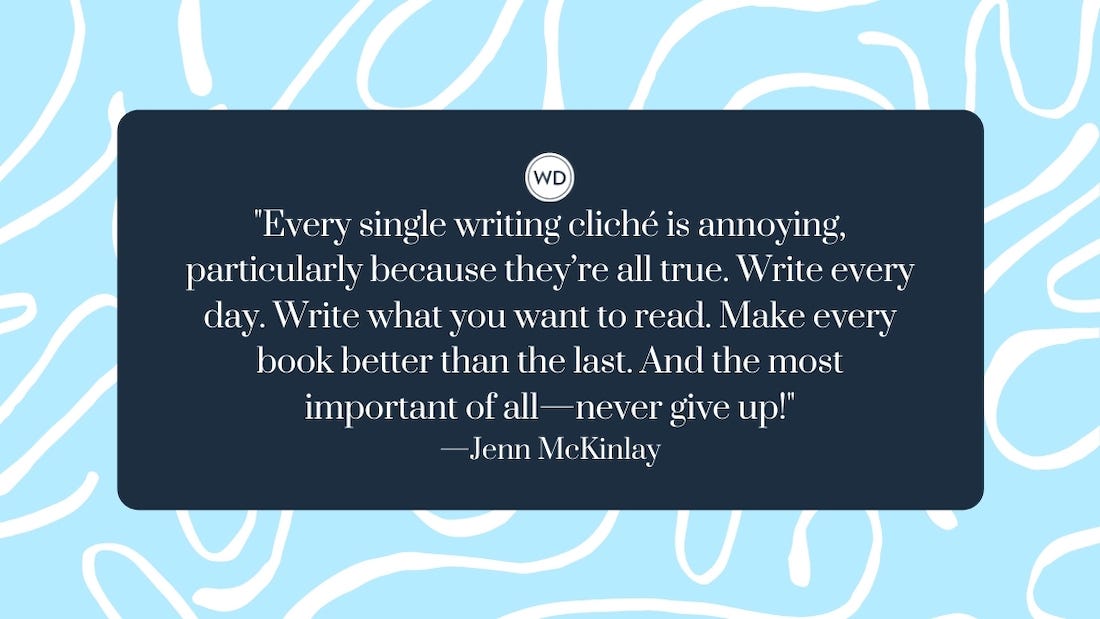A Plan for Creating Great Fiction Ideas
Examine Marshall’s steps to guide you through the novel-writing process.
Author and agent Evan Marshall offers these four steps to guide you through the novel-writing process.
- Define your novel's lead. The lead is your novel's hero or heroine. Think about books you've read in the genre you're targeting. What kind of person usually "stars" in this kind of book? A man? A woman? Of what age? A teen or child?
- Hit your lead with a crisis. The crisis is an event that's bad news for your lead, turning her life upside down. Get crisis ideas from your life, family, friends, coworkers, the media, your dreams, and eavesdropping. Create a crisis "Suppose" like this: Suppose a woman...
- Set a story goal for your lead. The story goal is what your lead will seek to achieve during the entire course of the novel. If she attains it, the bad effects of the crisis will be undone and her life will be happy and normal again. In seeking the story goal, your lead must want possession of something (a person, an object, information) or relief from something (fear, pain, sadness, loneliness, domination, oppression). Set your lead's goal like this: She decides she must...
- Combine the supposes with the story goal. Put your "Suppose" together with your story goal, like this: Suppose a woman's daughter were kidnapped. She decides she must get her daughter back. This is your story idea.
For more novel-writing advice from Evan Marshall, check out The Marshall Plan for Novel Writing and The Marshall Plan Workbook.
adminAuthor
Related Stories









